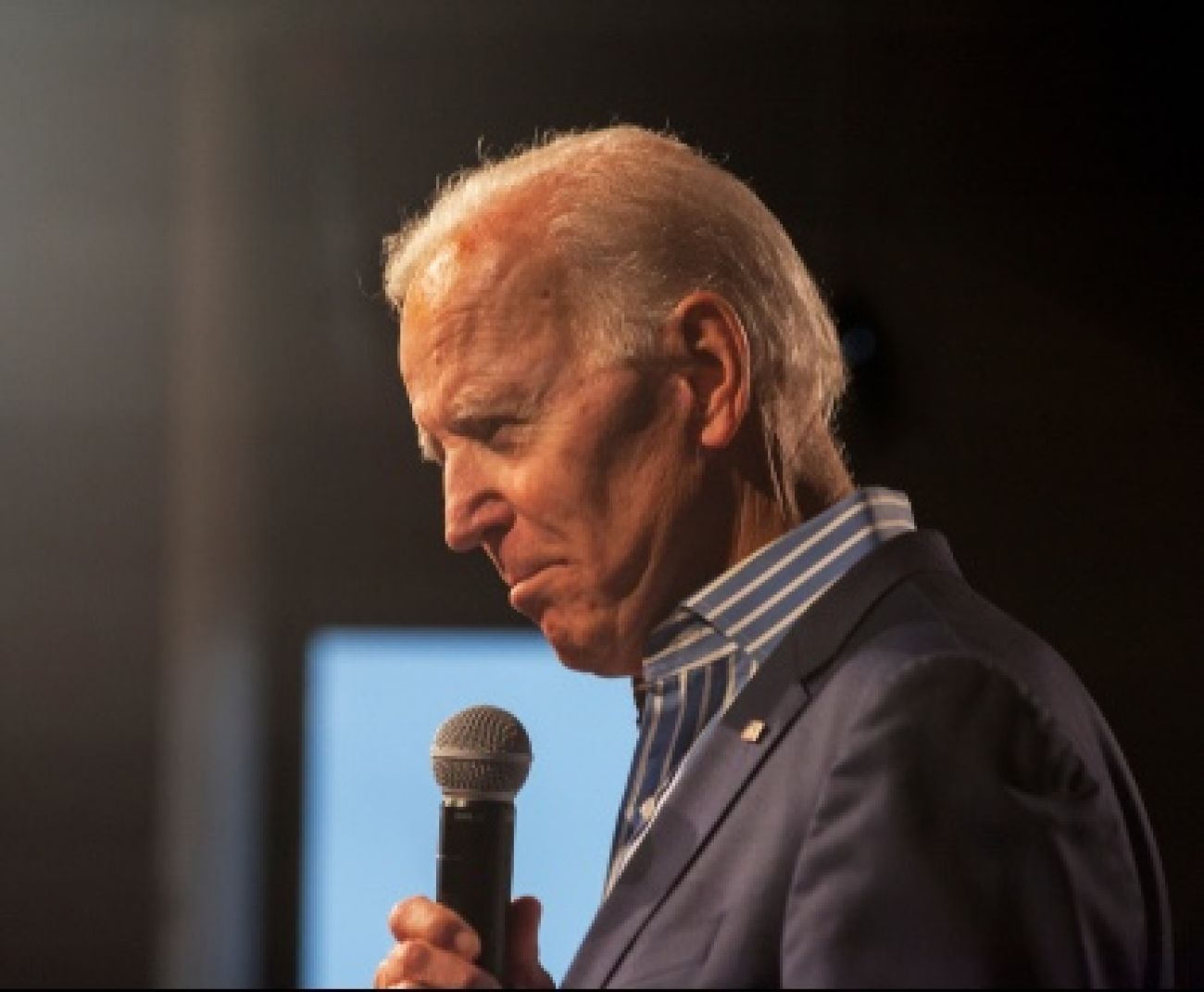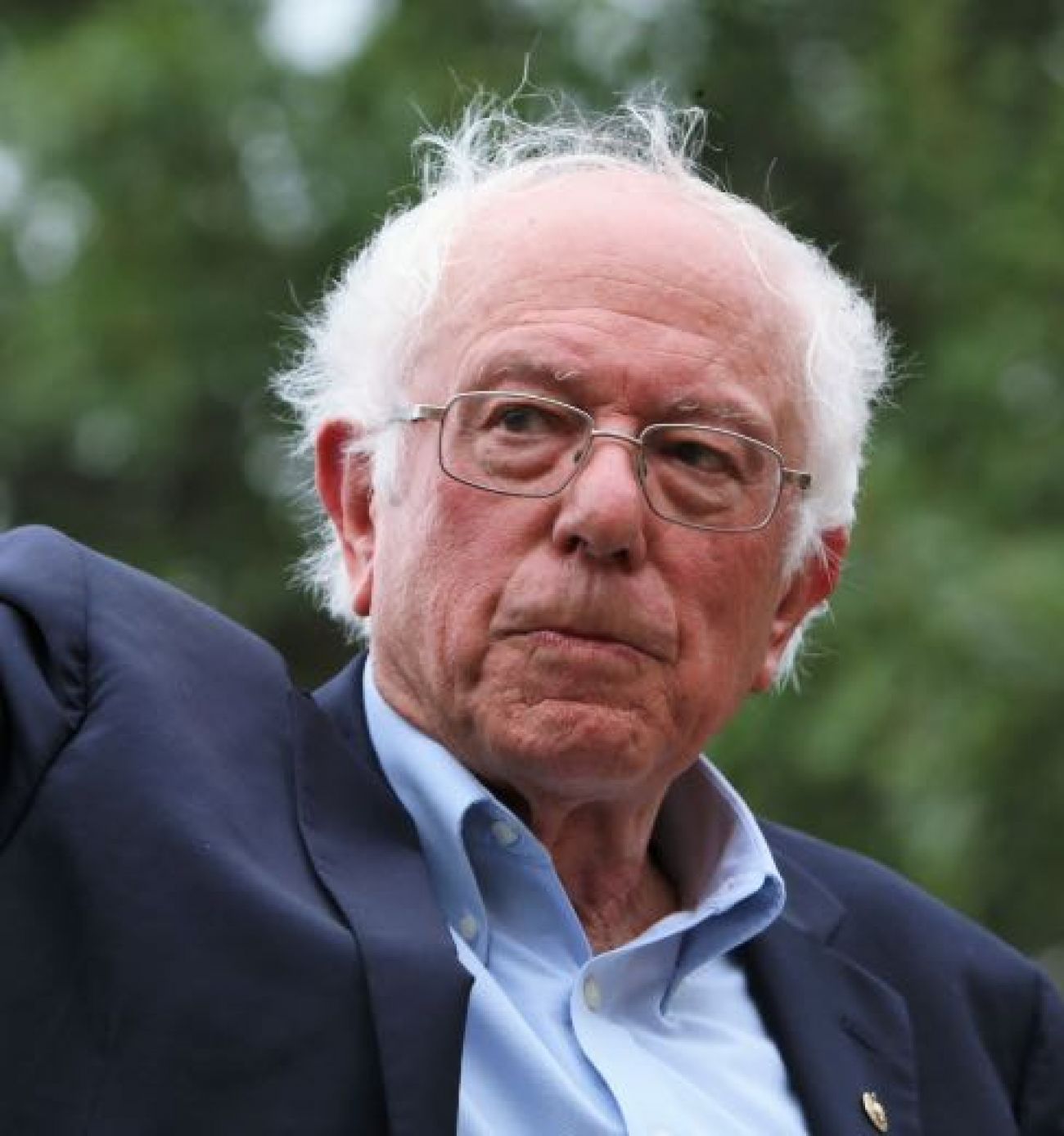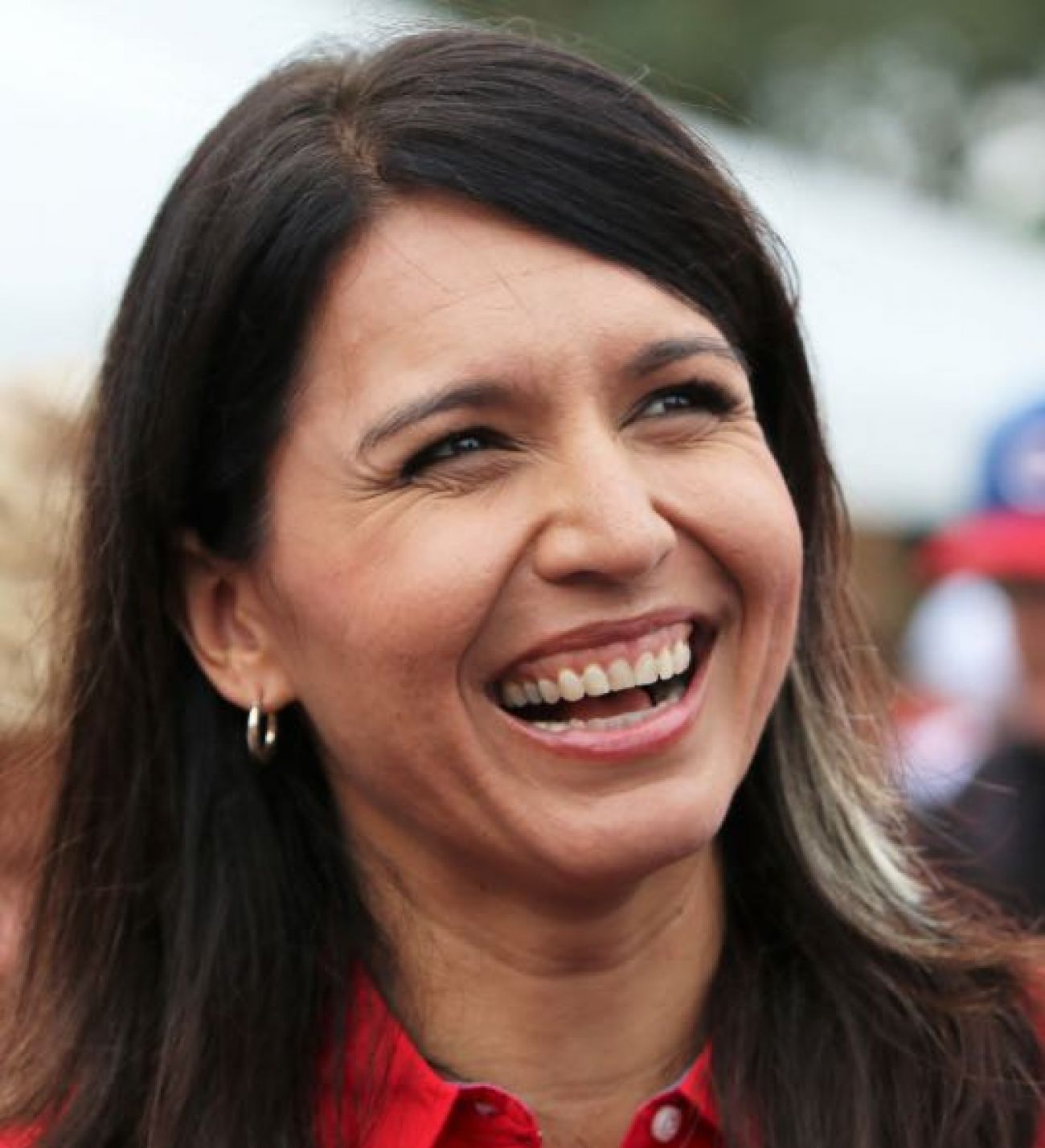How Democratic presidential candidates want to change health care, Medicare

Democrats asking for your vote in Michigan’s March 10 presidential primary are proposing health care overhauls that share a common goal: movement toward universal coverage for all Americans.
But how they get there —and pay for it — has divided the candidates and fueled heated exchanges in televised debates.
- How Democratic presidential candidates would raise taxes to pay for plans
- What Democratic presidential candidates’ plans mean for Michigan environment
- How Democratic presidential candidates want to change higher education
The dispute is largely centered on whether to upend the entire health care industry by creating a single-payer Medicare for All program, or build on the so-called Affordable Care Act by creating a “public option” insurance plan that would compete with private insurers in an attempt to drive down consumer costs.

Here’s where the candidates stand:
Joe Biden
The former vice president served under President Barack Obama during passage of the Affordable Care Act and wants to build on that 2010 law, primarily by creating a new government-run public option health insurance plan. He would give consumers the choice to purchase a plan “like Medicare” or stay on private insurance. Biden also wants to expand tax credits and lower premiums for families who purchase insurance on the individual marketplace. He’s proposed paying for health care overhauls, eliminating capital gains tax “loopholes” and rolling back recent tax cuts for the wealthiest Americans. Read Biden’s plan

Bernie Sanders
The U.S. senator from Vermont isn’t just a leading proponent of Medicare for All, as he reminded during a July debate: “I wrote the damn bill.” He introduced the latest version, the Medicare for All Act of 2019 last April. At its core, the proposal would replace private health insurance with a “universal entitlement” provided to all residents without premiums, deductibles or copays. Sanders hasn’t specified exactly how he’d pay for the single-payer health care system but has laid out a series of financing “options,” most notably an employer-side payroll tax. Read Sanders’ plan

Tulsi Gabbard
The Hawaii congresswoman co-sponsored a House version of the Medicare for All legislation and argues current health care laws are organized “by and for the benefit of big insurance and pharmaceutical companies. An earlier universal health care proposal she supported proposed financing the system by increasing income taxes on the top 5 percent of earners, instituting a progressive tax on payroll and self-employment income and new taxes on unearned income and stock and bond transactions. Read Gabbard’s plan
Editor's note: This article was updated March 5 to remove positions of candidates who have dropped out of the campaign since publication.
See what new members are saying about why they donated to Bridge Michigan:
- “In order for this information to be accurate and unbiased it must be underwritten by its readers, not by special interests.” - Larry S.
- “Not many other media sources report on the topics Bridge does.” - Susan B.
- “Your journalism is outstanding and rare these days.” - Mark S.
If you want to ensure the future of nonpartisan, nonprofit Michigan journalism, please become a member today. You, too, will be asked why you donated and maybe we'll feature your quote next time!




